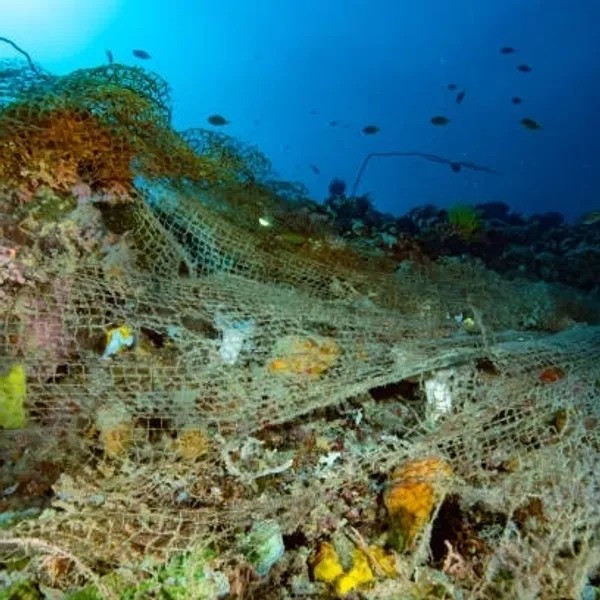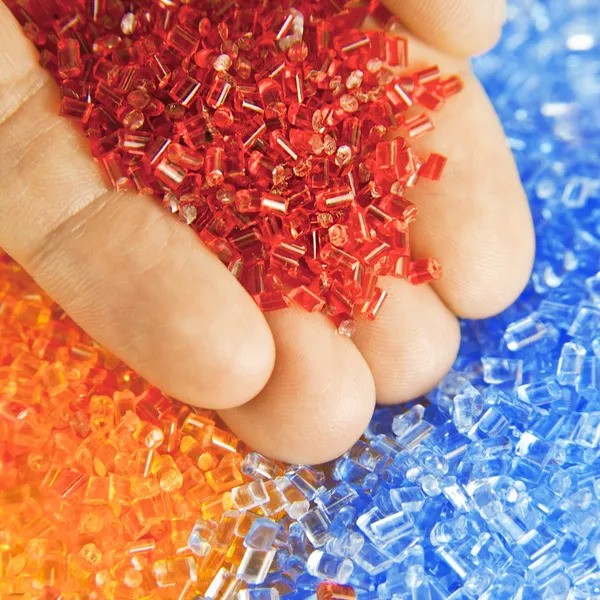Reach us: New York 18794, United States. 4568
Call us :
Reach us: New York 18794, United States. 4568
The link between climate action and plastic pollution is significant and multifaceted, connecting through the lifecycle of plastics, which impacts climate change at various stages, from production to disposal. Here’s how they’re interconnected:



